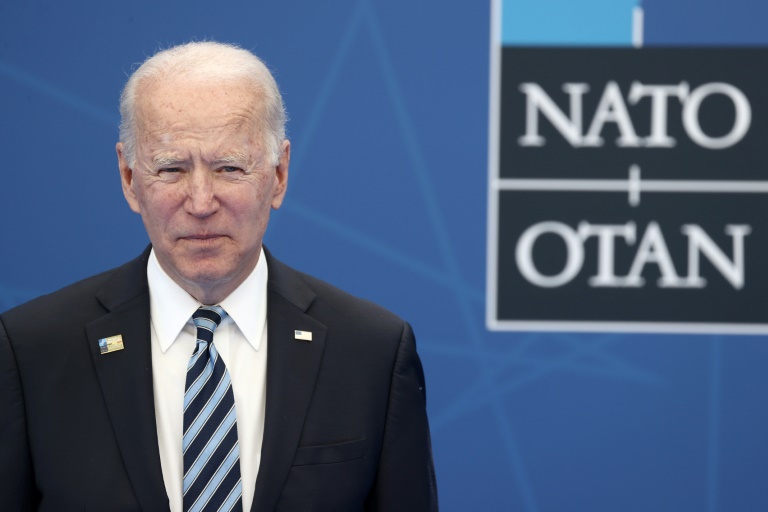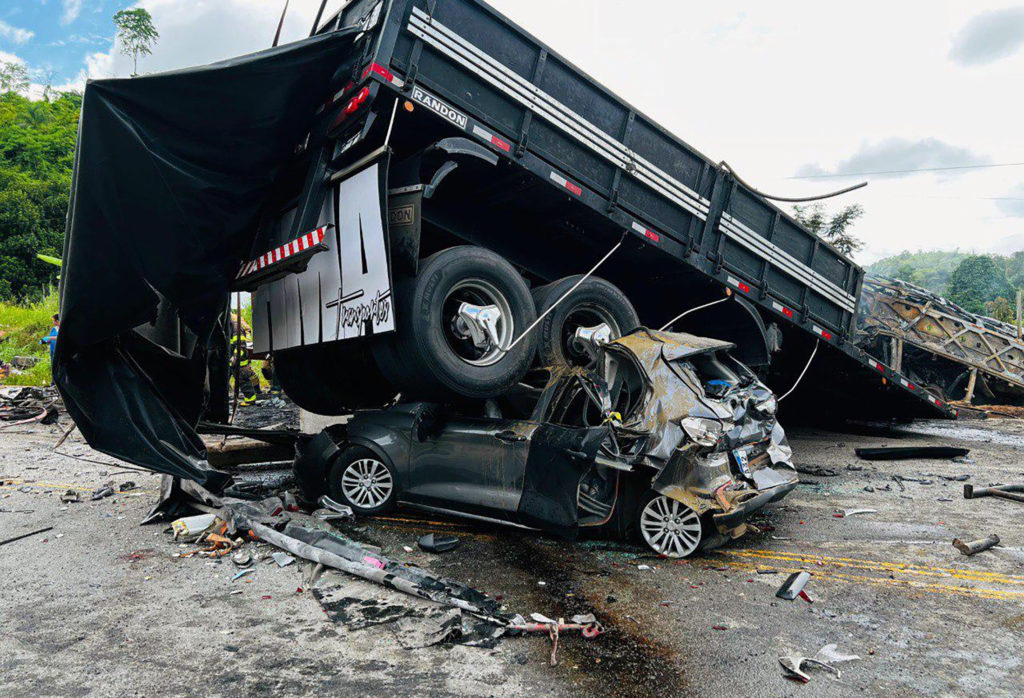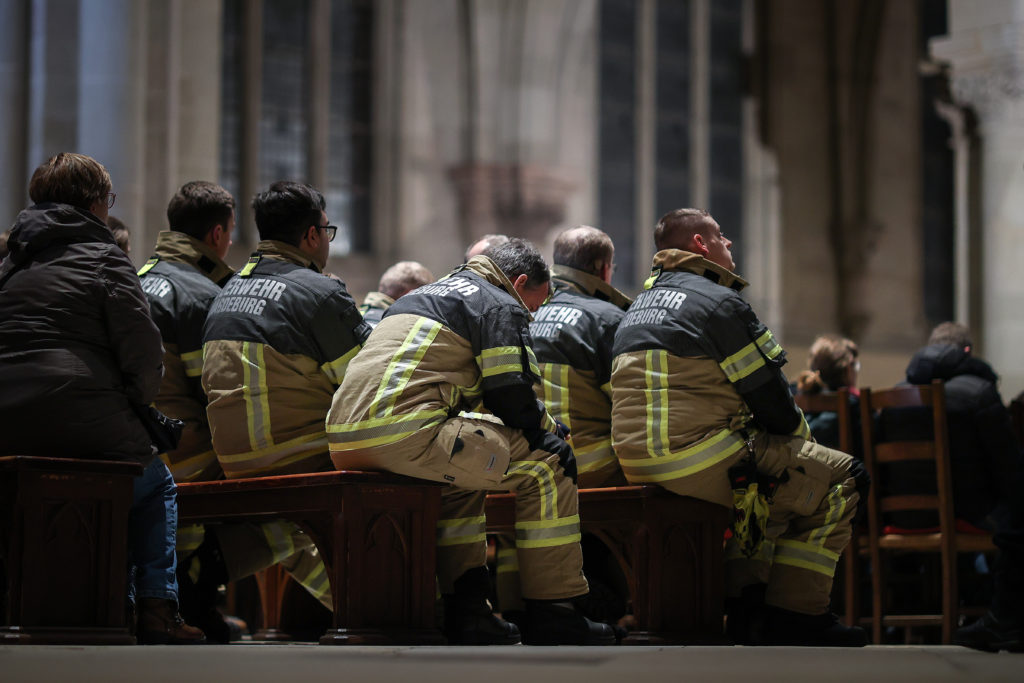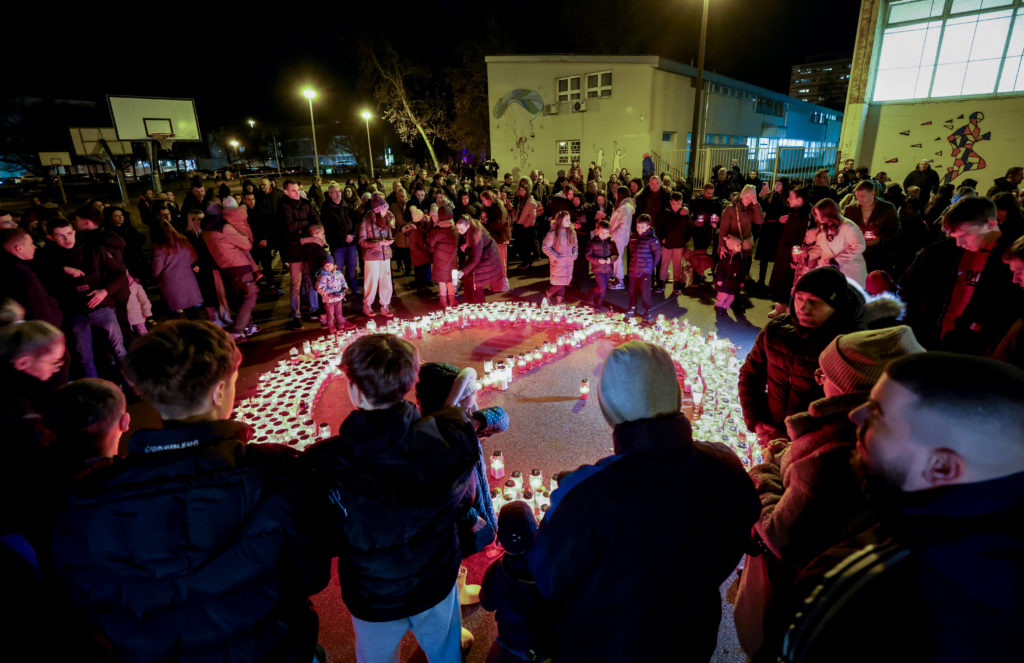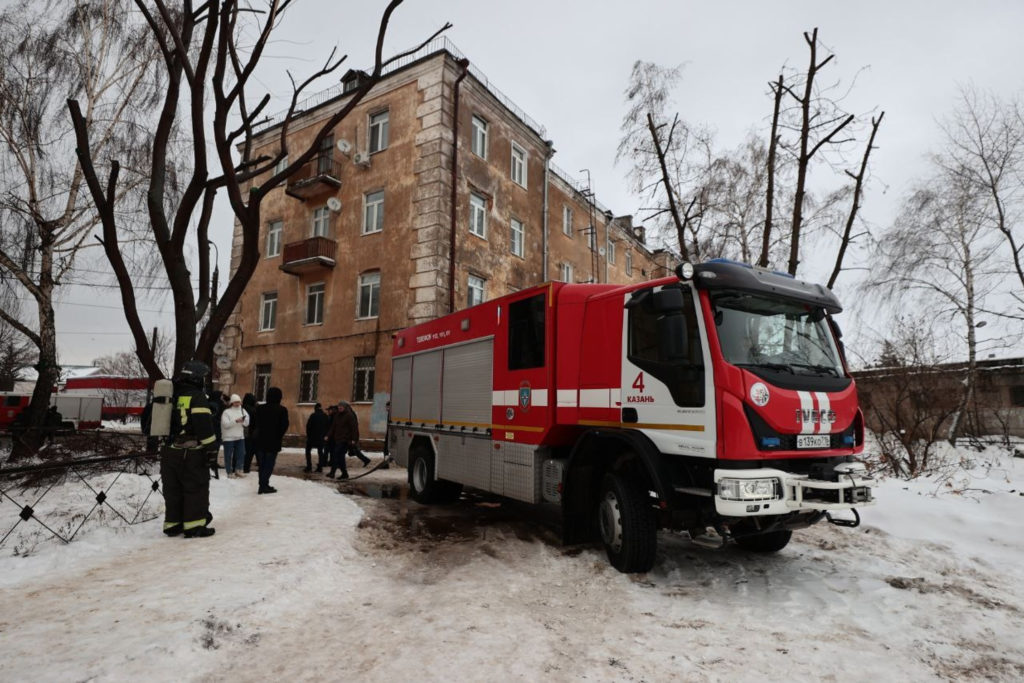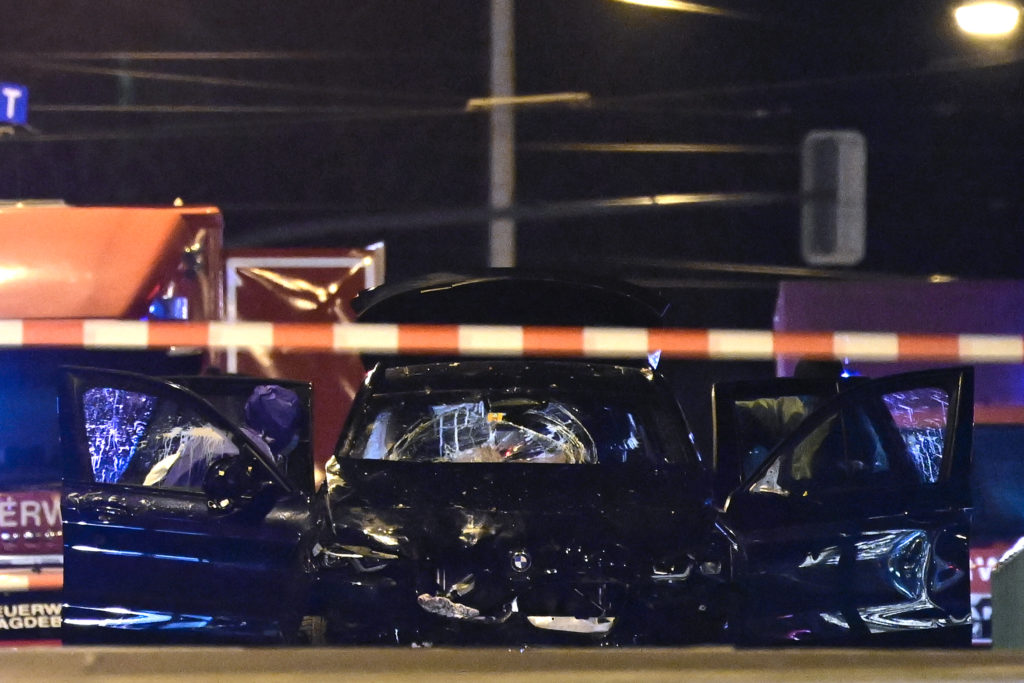NATO leaders vowed Monday to work together against the “systemic challenges” posed by China’s aggressive policies and put Russia on notice about its flouting of international law.
As US President Joe Biden renewed Washington’s Transatlantic ties at his first summit with the Western allies, the leaders issued a broad statement of intent.
China’s increasingly assertive actions in building a nuclear arsenal and space and cyber warfare capabilities threatens the international order, they said.
NATO Secretary General Jens Stoltenberg said the allies would seek to cooperate with China on global issues like climate change, as European capitals wanted.
But, in a nod to Washington’s growing concern, he warned: “China’s growing influence and international policies present challenges to Alliance security.
“Leaders agreed that we need to address such challenges together as an alliance, and that we need to engage with China to defend our security interests.
“We are concerned by China’s coercive policies,” he said, citing Beijing’s expanding nuclear arsenal.
In the summit communique, the leaders warned Russia’s President Vladimir Putin, whom Biden will meet on Wednesday in Geneva, that there would be no quick return to “business as usual”.
Russia’s military build-up and provocative behaviour on NATO’s eastern frontier “increasingly threaten the security of the Euro-Atlantic area and contribute to instability along NATO borders and beyond”.
Stoltenberg hailed what he said was Biden’s strong commitment to NATO — an implicit contrast to the difficult ties under the previous US president, Donald Trump.
Arriving at NATO headquarters in Brussels for a summit with his 29 counterparts, Biden stressed that the alliance was “critically important” to US security.
“I think that there is a growing recognition over the last couple of years that we have new challenges,” Biden told Stoltenberg at bilateral talks just ahead of the main summit.
“We have Russia that is not acting in a way that is consistent with what we had hoped, as well as China,” he said.
“I want to make it clear: NATO is critically important for US interests in and of itself. If there weren’t one, we’d have to invent it,” he said.
And he stressed once again that Article 5 of the NATO treaty — the obligation of members to defend one another, once called into question by Trump — was a “sacred obligation”.
– ‘Right balance’ –
On China, Biden is picking up from where Trump left off by getting NATO to start paying attention to Beijing.
But European allies have been wary that an increase of focus on China could distract NATO from its major priority — Russia.
German Chancellor Angela Merkel insisted that alliance members should not “overestimate” the dangers posed from Beijing.
“We have to find the right balance,” she said. “China is a rival on many issues, but at the same time it is also a partner on many issues.”
French President Emmanuel Macron insisted that NATO should not spread itself too thin and “skew” the relationship with China.
“NATO is a military organisation, the subject of our relationship with China is not only military,” he said, stressing NATO’s north Atlantic focus.
– Afghanistan –
Looming large in the background for the summit was also the scramble to complete NATO’s hasty withdrawal from Afghanistan after Biden surprised partners by ordering US troops home by September 11.
Biden discussed with Turkish President Recep Tayyip Erdogan an offer from Ankara to keep troops in the country to secure Kabul airport — provided the US gave support.
Erdogan announced no firm deal on the issue — or any progress on the thorny dispute over Turkey’s purchase of Russia’s S-400 missile system.
But he insisted that he had held “fruitful and sincere” talks with his US counterpart.
The final NATO summit statement did not mention Turkey’s role at the airport, but did stress that the alliance would continue to pay to keep the facility open.
Much of the summit Monday was dedicated to trying to forge a way forward by greenlighting a 2030 reform plan to revitalise an alliance that Macron warned in 2019 was undergoing “brain death”.
Allies endorsed a new cyber defence policy to tackle rising threats and agreed for the first time that an attack in space could trigger the Article 5 collective defence clause.
They also committed to increasing the alliance’s budget and spending more on “common funding” — but details remained sparse after opposition to increased spending led by France.

